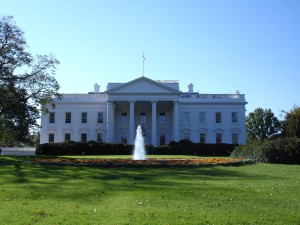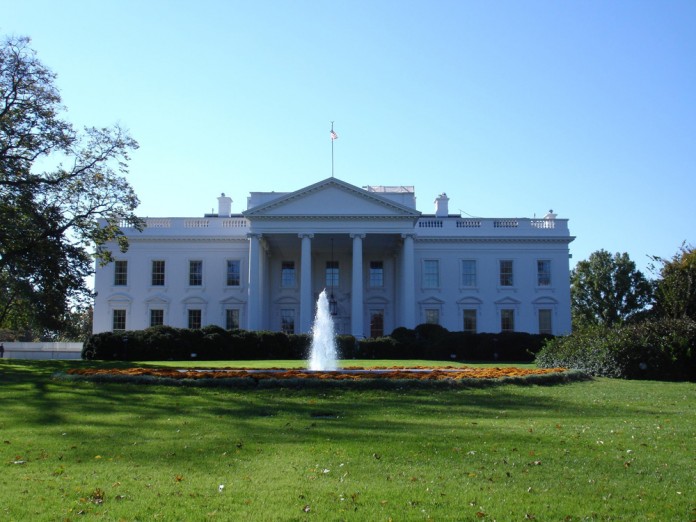I
Data
In a study, professor of development sociology Thomas Hirschl, and professor of biological statistics and computational biology James Booth, analyzed two large surveys of voter choice. The General Social Survey is a nationally representative, repeat cross-section of American voters across eight presidential elections from 1980 to 2008, and the Cornell National Social Survey recovered identified presidential choice in 1,000 households for the 2008 election.
In addition to basic demographic information collected in both surveys, the CNSS included a “biblical authority scale” to assess the degree to which a respondent agreed with such statements as “The Bible is without contradiction” and “The Bible is to be read literally.”
A thorough analysis of voter presidential choice and personal characteristics, from family income to race, gender and religious identity, allowed the researchers to identify not only the magnitude of polarization, but also its specific source within the general population.
“Upper-income white Protestants who believe the Bible is the literal word of God have more than doubled their odds of voting Republican — from 2.7 GOP voters for every one Democratic voter among this group in 1980, to 6.1 for every one in 2008,” said Hirschl.
“Conversely, secular-minded, upper-income white Protestants reversed their partisan preference, from 1.9 to 1 in favor of the Republican Party in 1980, to a 2.2 to 1 advantage for Democratic voters in 2008.”
Increase
A less dramatic but significant increase in religious-partisan differences was also found in upper-income white Catholics. Contrary to popular belief, this polarization was evident only in white households that had a total income greater than $75,000 (2009 equivalent) per year — the “comfort class.”
“There was no comparable trend among lower income white Protestants or Catholics,” Hirschl noted. “In addition, African-Americans remained loyal Democratic voters throughout the 28-year study period, regardless of their religious identity.”
The study data did not allow investigation of additional racial or ethnic groups. The finding that an increase in secular-religious polarization was restricted to the upper-income white voters, even during a period of increasing economic inequality, runs counter to the predictions of a society-wide “culture war.”
Evidence
According to Hirschl, the study’s results are evidence of a decoupling of religious politics from the politics of economic inequality, presenting opportunities for the political parties to market themselves differently to different sectors.
“Overall, it’s clear that religious identity strongly motivates upper-income white voters, but does not seem to drive African-Americans or lower income whites headed to the ballot box,” said Hirschl.
“Heading into election 2012, there’s no doubt religious worldviews will continue to play an active role in presidential politics and little evidence to suggest this role will diminish in the near future.”










